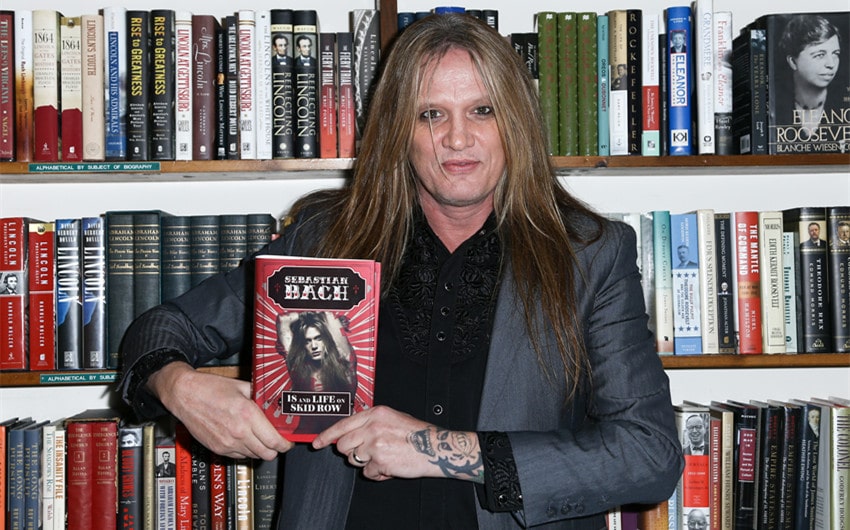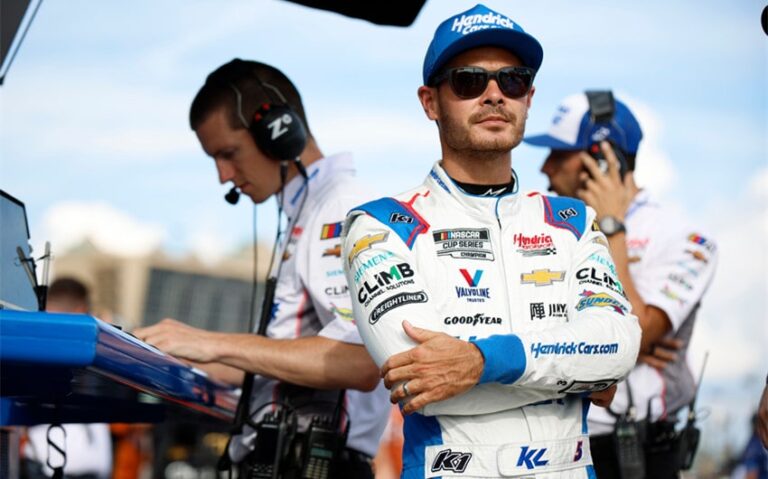How Sebastian Bach’s Net Worth Grew Through Rock, Reinvention, and Hustle
When you ask about Sebastian Bach’s net worth, you’re not just asking about the money he made fronting a heavy metal band in the late ’80s—you’re digging into a long and winding career that spans platinum records, solo albums, reality TV, Broadway stages, and a devoted fan base that has followed him through it all.
As of 2025, Sebastian Bach’s net worth is estimated to be between $5 million and $8 million. It’s a figure that reflects not just the flash of early fame but a life spent working, performing, and adapting to an ever-changing entertainment world.
Who Is Sebastian Bach? From Skid Row to Spotlight
Sebastian Bach was born Sebastian Philip Bierk in 1968 in Freeport, Bahamas, and raised in Peterborough, Ontario, Canada. His powerful voice and striking looks made him a standout from an early age. By the time he was 18, he had already caught the attention of major players in the rock scene. His life changed forever when he joined Skid Row in 1987, becoming the band’s iconic lead singer during the height of hair metal’s domination.
Skid Row’s self-titled debut album, released in 1989, went multi-platinum and spawned major hits like “18 and Life,” “Youth Gone Wild,” and “I Remember You.” Bach’s high-pitched vocals, charismatic stage presence, and rock-star persona helped define the band’s image and contributed to its commercial success. Their follow-up album, Slave to the Grind (1991), debuted at number one on the Billboard 200, cementing their place in rock history.
But success didn’t come without conflict. By 1996, tensions between Bach and other members of the band led to his departure. While many musicians might have faded into obscurity after such a split, Bach refused to disappear. He doubled down, launching a solo career and reinventing himself through a wide range of media—from albums and tours to reality TV and Broadway performances.
Breaking Down Sebastian Bach’s Net Worth
Sebastian Bach’s estimated net worth, sitting between $5 million and $8 million, is the result of over three decades of continuous work. Unlike some musicians who rely on a few years of peak success, Bach has remained visible and active, consistently finding new ways to connect with fans and monetize his talents. Let’s break down the core pillars of his income.
Skid Row Record Sales and Touring Revenue
A significant part of Bach’s early fortune came from his years with Skid Row. Their first two albums sold millions of copies worldwide, with royalties from physical sales, publishing, and licensing deals continuing to generate passive income even today. Songs like “18 and Life” and “Youth Gone Wild” remain staples on classic rock radio and streaming playlists, and Skid Row’s catalog is still featured in film and television soundtracks.
While Bach has not reunited with the original Skid Row lineup, the legacy of those early years is still very much a part of his financial picture. Fans continue to buy Skid Row vinyl, wear vintage tour shirts, and attend shows where he performs their biggest hits as part of his solo setlist.
Touring, both with Skid Row and as a solo artist, has provided Bach with consistent revenue. Even decades after his peak on the charts, he continues to sell out mid-size venues across the U.S. and Europe. His live shows are praised for their energy and authenticity, and he frequently headlines rock festivals, 80s nostalgia tours, and club gigs where loyal fans gather to hear the voice that helped define an era.
Solo Career and Independent Music Projects
After leaving Skid Row, Bach launched a solo career that has included multiple studio albums, live recordings, and EPs. Albums like Angel Down (2007) and Kicking & Screaming (2011) may not have topped the Billboard charts, but they were well-received by fans and critics alike and showcased his commitment to producing new music.
Releasing albums independently or through smaller labels has allowed Bach to retain more control over his music and a greater share of the profits. While the scale may be smaller than his Skid Row days, the loyalty of his audience means steady sales and strong merchandise performance—especially when paired with touring.
Many of his releases are bundled with signed memorabilia, deluxe packaging, or limited-edition vinyl formats, all of which are popular among his collectors and superfans. These direct-to-fan strategies have become an essential revenue stream in the modern music economy.
TV, Film, and Broadway Work
Beyond music, Sebastian Bach has carved out a second act as a media personality and actor. His stints on reality shows like Supergroup, Celebrity Fit Club, Gone Country, and Trailer Park Boys have introduced him to new audiences and given longtime fans more ways to engage with him.
Perhaps more impressively, Bach has found success in theater. He starred as Jekyll & Hyde in the Broadway musical of the same name and played Riff Raff in The Rocky Horror Picture Show. He also appeared in Jesus Christ Superstar, demonstrating his ability to transition from arenas to the theatrical stage.
These performances didn’t just bring him artistic credibility—they paid well. Broadway salaries for lead roles can range from $3,000 to $10,000 per week, and additional income from touring productions, merchandise sales, and soundtrack contributions can add significantly to an artist’s bottom line.
He’s also made guest appearances in shows like Gilmore Girls, where he played a fictionalized version of himself in a recurring role. These appearances kept him culturally relevant and added to his entertainment earnings outside the music world.
Autobiography, Merchandise, and Public Appearances
In 2016, Bach published his autobiography, 18 and Life on Skid Row, which became a bestseller in the rock memoir genre. The book provided an unfiltered look at his life—from growing up in Canada to hitting it big with Skid Row and navigating the chaos of rock and roll fame. Its success added a new dimension to his public persona and generated additional income through book sales, signing events, and media tours.
Sebastian Bach also earns money through meet-and-greets, signed memorabilia, and custom merchandise. These high-margin products, offered both online and on tour, are a reliable source of fan-driven revenue. His brand—equal parts nostalgia and authenticity—resonates with an audience that continues to show up and support him financially.
Paid public appearances at conventions, music expos, and industry events also contribute to his net worth. Whether speaking on panels about rock history or simply posing for photos with fans, these gigs help him maintain visibility and income.







